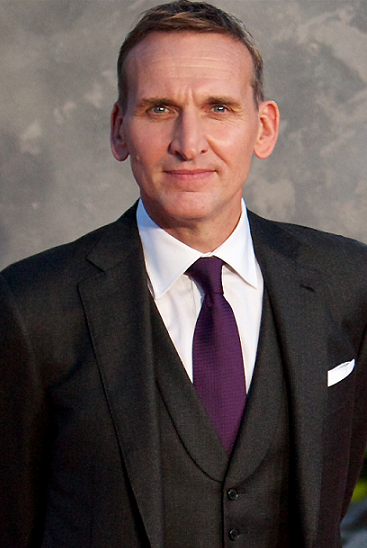The Economist recently published an article discussing the rise of English as a business lingua franca. This is an issue that I’ve come across quite a bit in my own life as someone who’s lived and traveled quite a bit overseas. And not just in professional settings: as an English speaker I’ve received an education in English in countries where it’s not even an official language and I have quite a few friends, mainly Brazil and the Nordic countries, who I only ever talk to in English despite the fact that it’s not their native language. And I’m certainly not alone in this. Ethnologue estimates that there are approximately 335 million native English speakers, but over 430 million non-native speakers. English is emerging as the predominant global language, and many people see an English education as an investment.

But for me, at least, the more interesting question is why? There are a lot of languages in the world, and, in theory at least, any of them could be enjoying the preference currently shown for English. I’m hardly alone in asking these questions. The Economist article I mentioned above suggests a few:
There are some obvious reasons why multinational companies want a lingua franca. Adopting English makes it easier to recruit global stars (including board members), reach global markets, assemble global production teams and integrate foreign acquisitions. Such steps are especially important to companies in Japan, where the population is shrinking. There are less obvious reasons too. Rakuten’s boss, Hiroshi Mikitani, argues that English promotes free thinking because it is free from the status distinctions which characterise Japanese and other Asian languages. Antonella Mei-Pochtler of the Boston Consulting Group notes that German firms get through their business much faster in English than in laborious German. English can provide a neutral language in a merger: when Germany’s Hoechst and France’s Rhône-Poulenc combined in 1999 to create Aventis, they decided it would be run in English, in part to avoid choosing between their respective languages.
Let’s break this down a little bit. There seem to be two main arguments for using English. One is social. Using English makes it easier to collaborate with other companies or company offices in other countries and, if no one is a native English speaker, helps avoid conflict by choosing a working language that doesn’t unfairly benefit one group. The argument is linguistic: there is some special quality to English that makes it more suited for business. Let’s look at each of them in turn.
The social arguments seem perfectly valid to me. English education is widely available and, in many countries, a required part of primary and secondary education. There is a staggering quantity of resources available to help master English. Lots of people speak English, with varying degrees of frequency. As a result, there’s a pretty high likelihood that, given a randomly-selected group of people, you’ll be able to get your point across in English. While it might be more fair to use a language that no-one speaks natively, like Latin or Esperanto, English has high saturation and an instructional infrastructure already in place. Further, the writing system is significantly more accessible and computer-friendly than Mandarin’s, which actually has more speakers than English. (Around 847 million, in case you were wondering.) All practical arguments for using English as an international business language.
Now let’s turn to the linguistic arguments. These are, sadly, much less reasonable. As I’ve mentioned before, people have a distressing tendency to make testable claims about language without actually testing them. And both of the claims above–that honorifics confine thinking and that English is “faster” than German– have already been investigated.
- Honorifics do appear to have an effect on cognition, but it seems to be limited to a spatial domain, i.e. higher status honorifics are associated with “up” and lower ones with “down”. Beyond subtle priming, I find it incredibly unlikely that a rich honorific system has any effect on individual cognition. A social structure which is reflected in language use, however, might make people less willing to propose new things or offer criticism. But that’s hardly language-dependent. Which sounds more likely: “Your idea is horrible, sir,” or “Your idea is horrible, you ninny”?
- TL;DR: It’s not the language, it’s the social structure the language operates in.
- While it is true that different languages have different informational density, the rate of informational transmission is actually quite steady. It appears that, as informational density increases, speech rate decreases. As a result, it looks like, regardless of the language, humans tend to convey information at a pretty stable rate. This finding is cross-modal, too. Even though signs take longer to produce than spoken words, they are more dense and so the rate of information flow in signed and spoken languages seems to be about the same. Which makes sense: there’s a limit to how quickly the human brain can process new information, so it makes sense that we’d produce information at about that rate.
- TL;DR: All languages convey information at pretty much the same rate. If there’s any difference in the amount of time meetings take, it’s more likely because people are using a language they’re less comfortable in (i.e. English).
In conclusion, it very well may be the case that English is currently the best language to conduct business in. But that’s because of language-external social factors, not anything inherent about the language itself.


